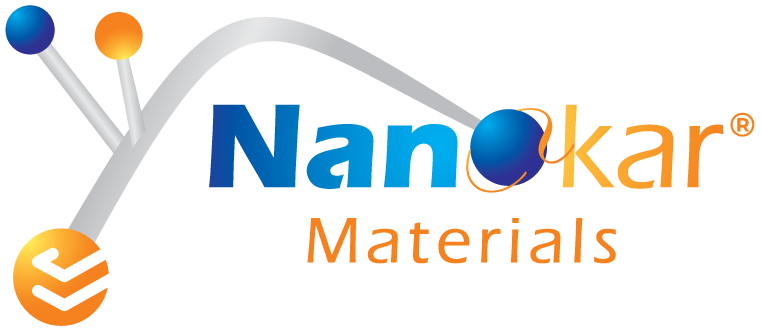What is Crystalline Boron (B) Micron Powder?
Crystalline Boron (B) Micron Powder is a highly pure, finely milled crystalline form of elemental boron. Known for its hardness, chemical stability, high melting point, and semiconductor properties, crystalline boron is utilized extensively in advanced industries, including aerospace, electronics, and nuclear energy.
Chemical Properties and CAS Number
-
Material: Crystalline Boron (B)
-
CAS Number: 7440-42-8
-
Molecular Weight: 10.81 g/mol
-
Density: 2.34 g/cm³ (crystalline form)
-
Melting Point: ~2076°C
-
Boiling Point: ~3927°C
-
Appearance: Dark brown to black powder
-
Crystal Structure: Rhombohedral or tetragonal
-
Hardness: 9.3 Mohs
-
Electrical Resistivity: ~1.8×10^12 µΩ·cm at 20°C
Applications of Crystalline Boron (B) Micron Powder
-
Aerospace Industry: High-strength, lightweight structural materials, additives in rocket fuels, and propulsion systems.
-
Electronics & Semiconductors: Dopant material for semiconductor devices, transistors, diodes, and photovoltaic (solar) cells.
-
Ceramic & Composite Materials: Reinforcing additive to ceramics and metal matrix composites, improving hardness, thermal resistance, and wear resistance.
-
Nuclear Applications: Neutron absorption material in nuclear reactors, neutron shielding, and control rods.
-
Metallurgy: Alloying agent to increase hardness and strength in steels and other metal alloys.
-
Advanced Coatings: High-performance, wear-resistant coatings for cutting tools and mechanical components.
-
Thermoelectric Devices: Efficient heat-to-electricity conversion materials due to boron’s unique semiconductor properties.
Pricing of Crystalline Boron (B) Micron Powder
Pricing depends on purity, particle size, production process, and quantity:
-
Research-Grade (small quantities): $100 – $500 per 100 grams
-
Industrial-Grade (bulk quantities): $800 – $3,000 per kilogram
-
Customized Specifications: Prices vary significantly based on purity (>99% up to 99.999%) and particle size distribution.
Factors Influencing Pricing
-
Purity and quality levels (99% to 99.999% purity)
-
Micron powder particle size and consistency
-
Production techniques (chemical vapor deposition, reduction processes)
-
Supply chain availability and market demand
